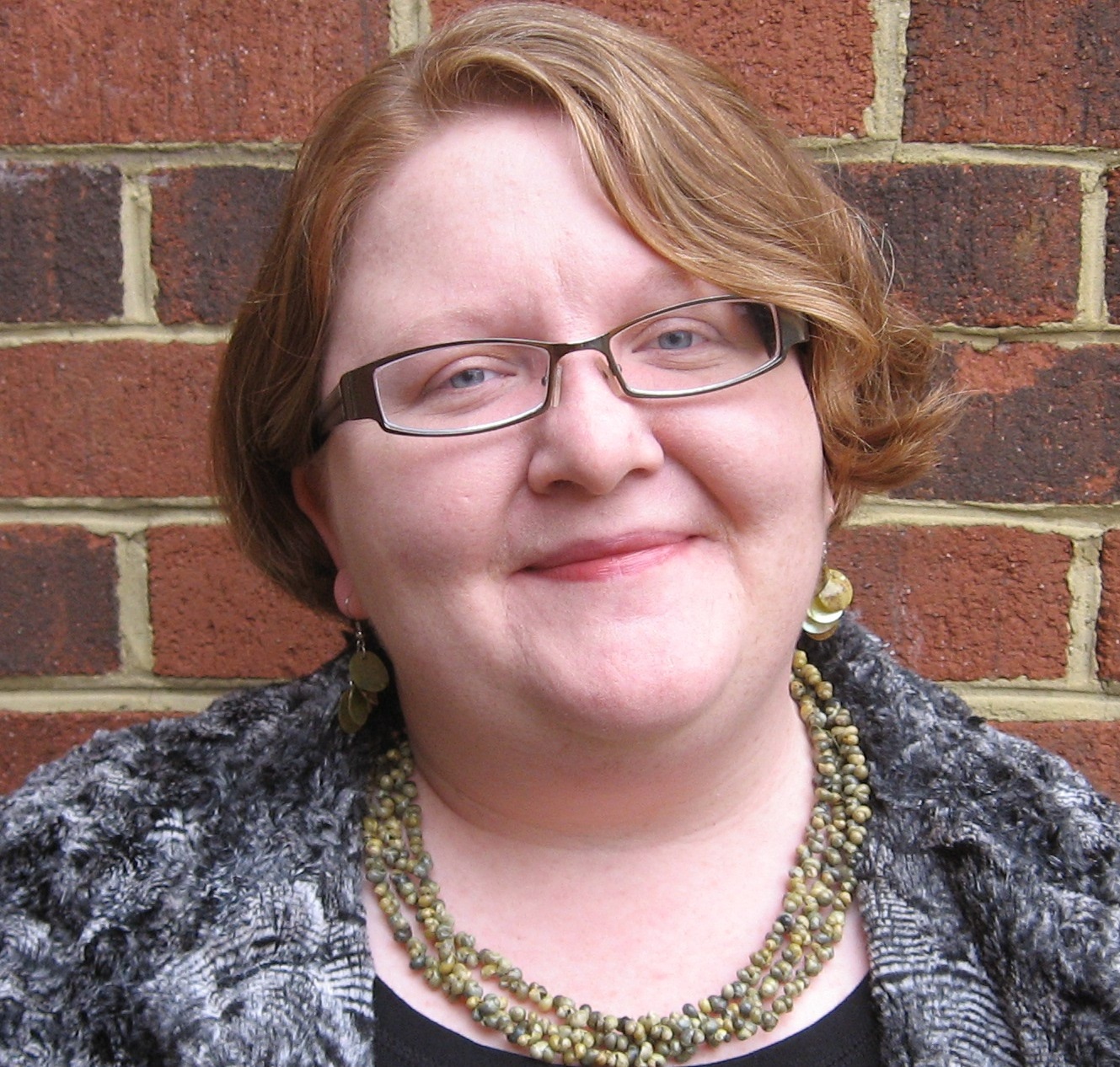- About Archives
- About SAA
- Careers
- Education
- Publications
- Advocacy
- Membership
 Professional Experience: Acting Marian & Alan McLeod Director of the Special Collections Research Center, 2012–present; University Archivist, 2007–present, Earl Gregg Swem Library, College of William & Mary. Curator of Manuscripts, University at Albany, SUNY Libraries, 2002–2007. Consulting Archivist, Harley-Davidson Motor Co., 2002. Consulting Archivist, Northwestern Mutual Life Insurance Co., 2001–2002.
Professional Experience: Acting Marian & Alan McLeod Director of the Special Collections Research Center, 2012–present; University Archivist, 2007–present, Earl Gregg Swem Library, College of William & Mary. Curator of Manuscripts, University at Albany, SUNY Libraries, 2002–2007. Consulting Archivist, Harley-Davidson Motor Co., 2002. Consulting Archivist, Northwestern Mutual Life Insurance Co., 2001–2002.
Education: MLIS and MA, History, University of Wisconsin–Milwaukee, 2001. BA, History with Certificate in Asian American Studies, University of Wisconsin–Madison, 1998.
Professional Activities: Society of American Archivists: Member since 2000; Reference, Access, and Outreach Section, Steering Committee Member, 2006–2008, Vice-Chair/Chair-Elect, 2008–2009, Chair, 2009–2010; J. Franklin Jameson Archival Advocacy Award Subcommittee, 2009–2010. Mid-Atlantic Regional Archives Conference: Distinguished Service Award Committee, 2012–2013; Nominations & Elections Committee, Chair, 2009–2010; Development Committee, 2006–2008; Meetings Coordinating Committee, 2005–2009; Program Committee, Spring 2009; Local Arrangements Committees, Spring 2005, Co-chair, Fall 2007; Outreach Committee, 2002–2006. Capital Area Archivists of NY: President, 2004–2006, Secretary, 2003–2004, Web Editor, 2003–2006, Board Member, 2002–2006. Other activities: Archives Leadership Institute, 2012.
Publications (selected): “A New Look for Old Information: Creating a Wiki to Share Campus History,” case study in A Different Kind of Web: New Connections Between Archives and Our Users, Kate Theimer, editor, Chicago: Society of American Archivists, 2011. Brian Keough and Amy C. Schindler (shared equally), “Thinking Globally, Acting Locally: Documenting Environmental Activism in New York State,” in Archival Issues vol. 28 no. 2 (2003–2004) [published 2006].
Presentations (selected): “Win-Win: Collaborating with Diverse Communities to Build Collections and Raise Awareness," Session Presenter, Joint Conference of Librarians of Color, 2012. "Removing Barriers and Creating Bridges: Archives, Development, and Advocacy," Session Presenter, Society of American Archivists Annual Meeting, 2012. "Charting Your Course: Librarians and Development Officers Working Together," Panelist, Academic Library Advancement and Development Network Conference, 2012. "From Stealthy to Burgeoning: Student Curators in the Special Collections Research Center," Session Presenter for "Collaboration and Exhibits," Society of North Carolina Archivists and South Carolina Archival Association Conference, 2011. "The Ivory Tower Opens Up: Documenting College Controversy," Session Presenter for "The Potential of Web 2.0 for Collection Development," Society of American Archivists Annual Meeting, 2009. "Old Stuff, New Tricks: How Archivists Are Making Special Collections Even More Special Using Web 2.0 Technologies," Panelist, American Historical Association (session sponsored by the American Association for History and Computing), 2009.
* * *
Question posed by the Nominating Committee: Nominating Committee members are responsible for identifying candidates for leadership who represent a variety of backgrounds and perspectives, as well as a passion for and commitment to advancing the profession. What would be your strategy for identifying qualified candidates?
Like any healthy organization, the Society thrives with the engagement and dedication of its membership. The SAA is so much more than its member leadership or administrative infrastructure, yet the membership relies upon both to anticipate new and changing priorities of the organization, engage in open and active dialog, and respond to the needs of members and the profession brought to their attention. We must recognize, discuss, and come to a common understanding of the current and future priorities of the SAA and how best to distribute resources to realize those goals. As the profession evolves, the SAA will benefit from seeking and valuing its members who embrace, have experienced, or led change, wherever their place within the profession. We have the benefit of a professional association that offers opportunities for its members—from students to experienced professionals—to be involved in roundtables, sections, committees, governance, and other activities as our inclination, skills, and personal circumstances allow. While the organization could easily continue to perpetuate itself taking only from its most obvious sources, it is important to remember that there is no shortage of possibilities outside of the SAA mainstream from burgeoning informal groups of archivists to the engaged or re-engaging member or cohort. Working with other members of the committee and our fellow members of the SAA, I believe our different experiences, yet common passion for our profession will come through and make for a stronger profession and stronger association.